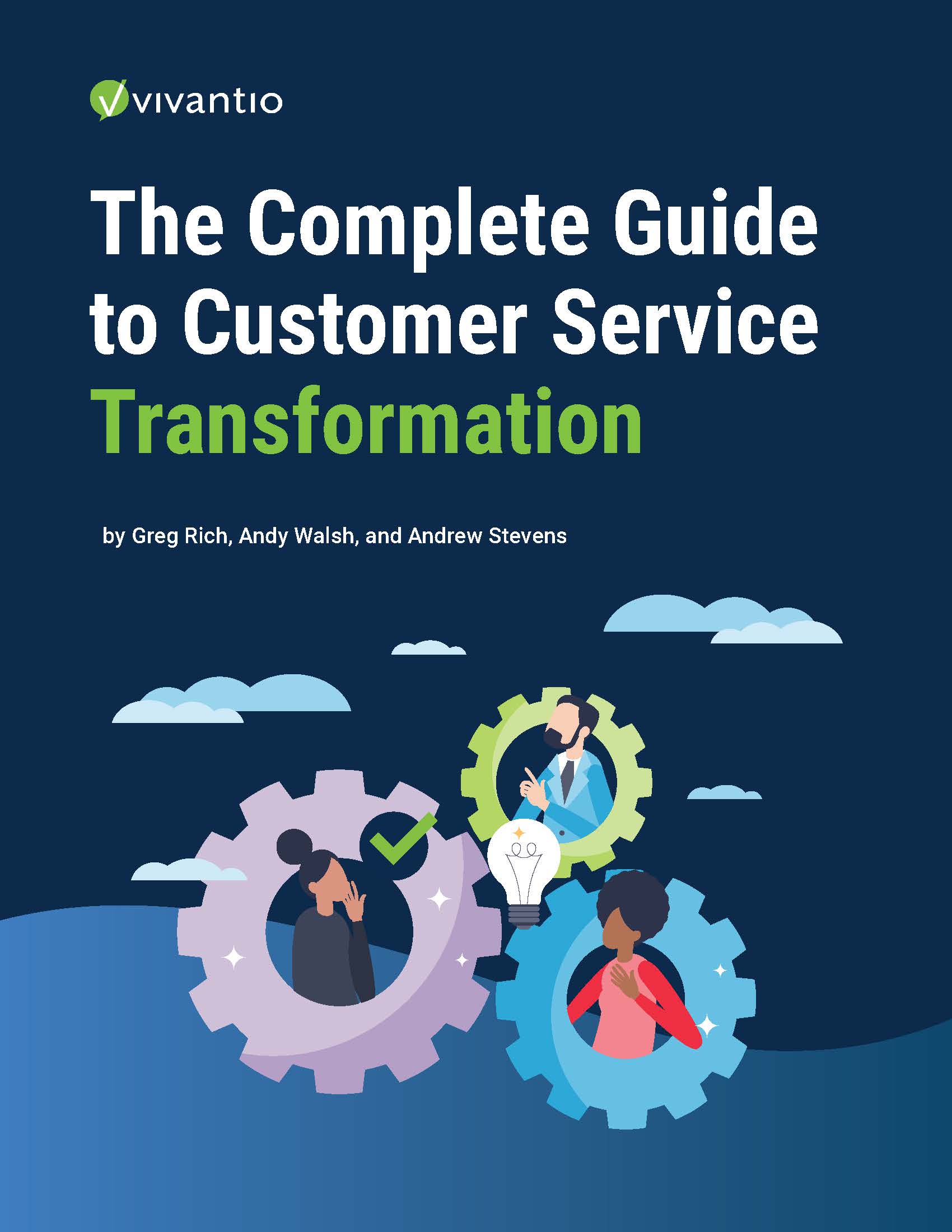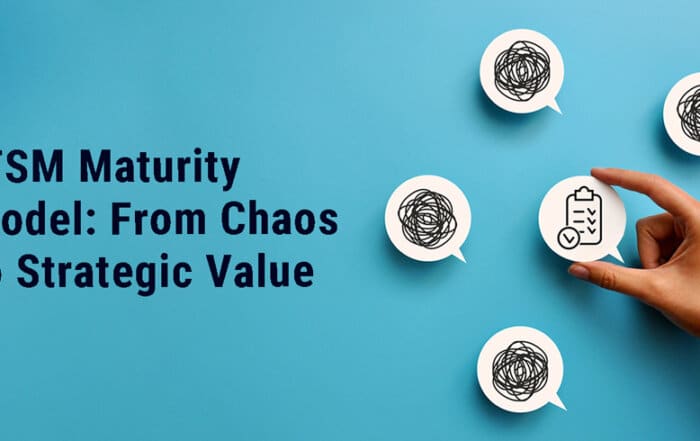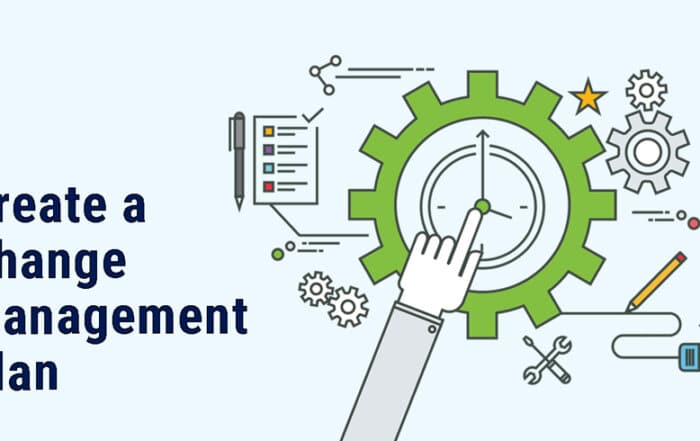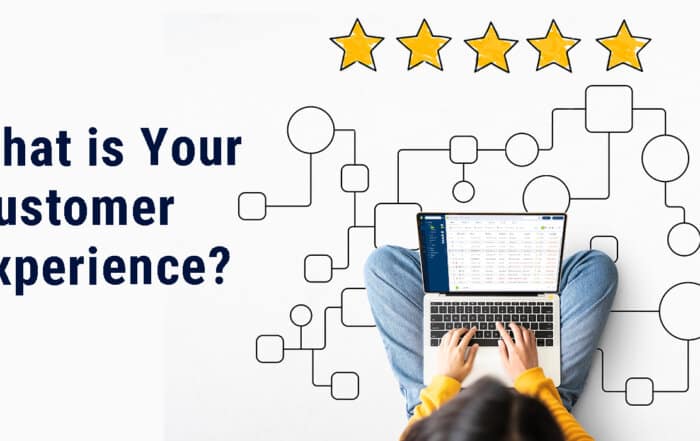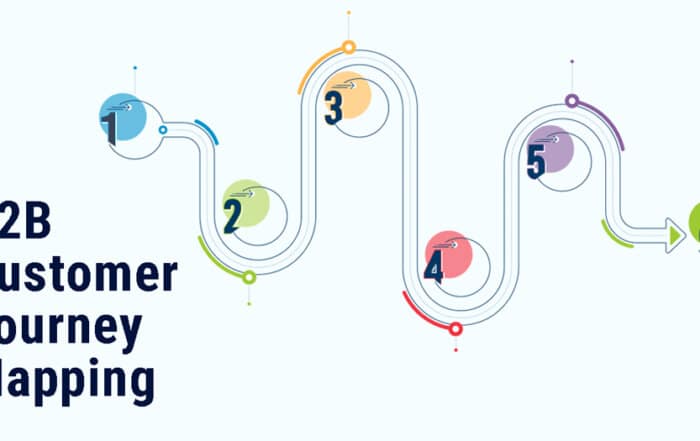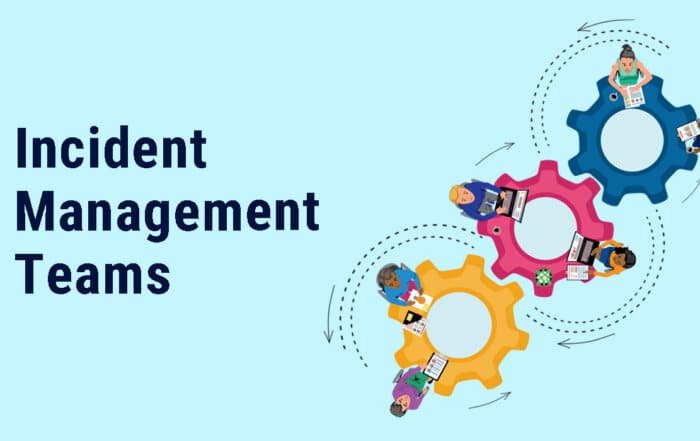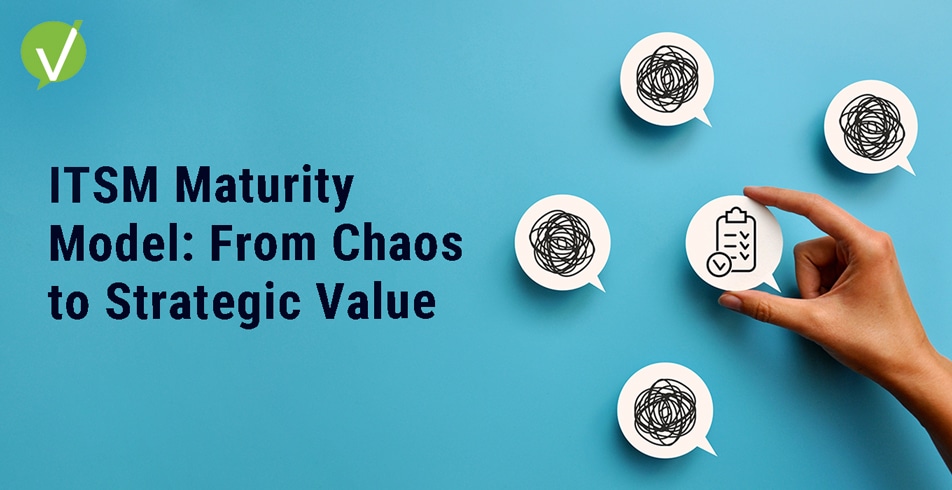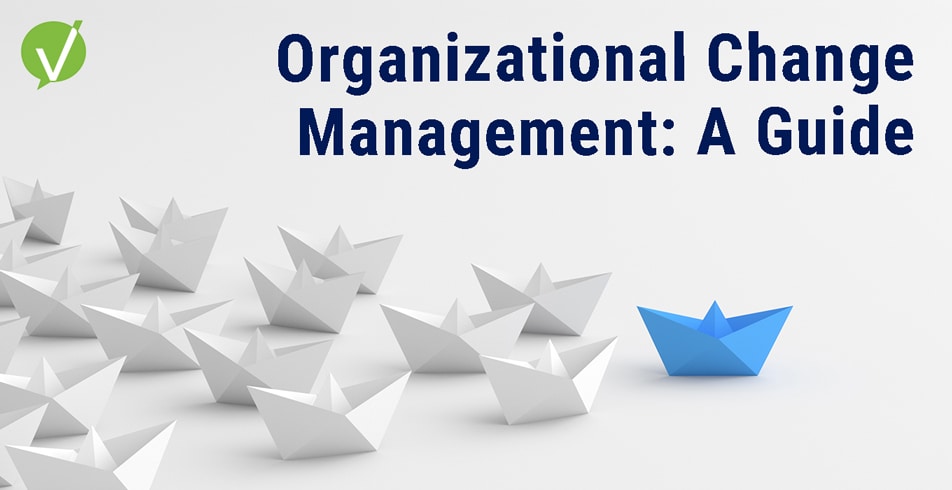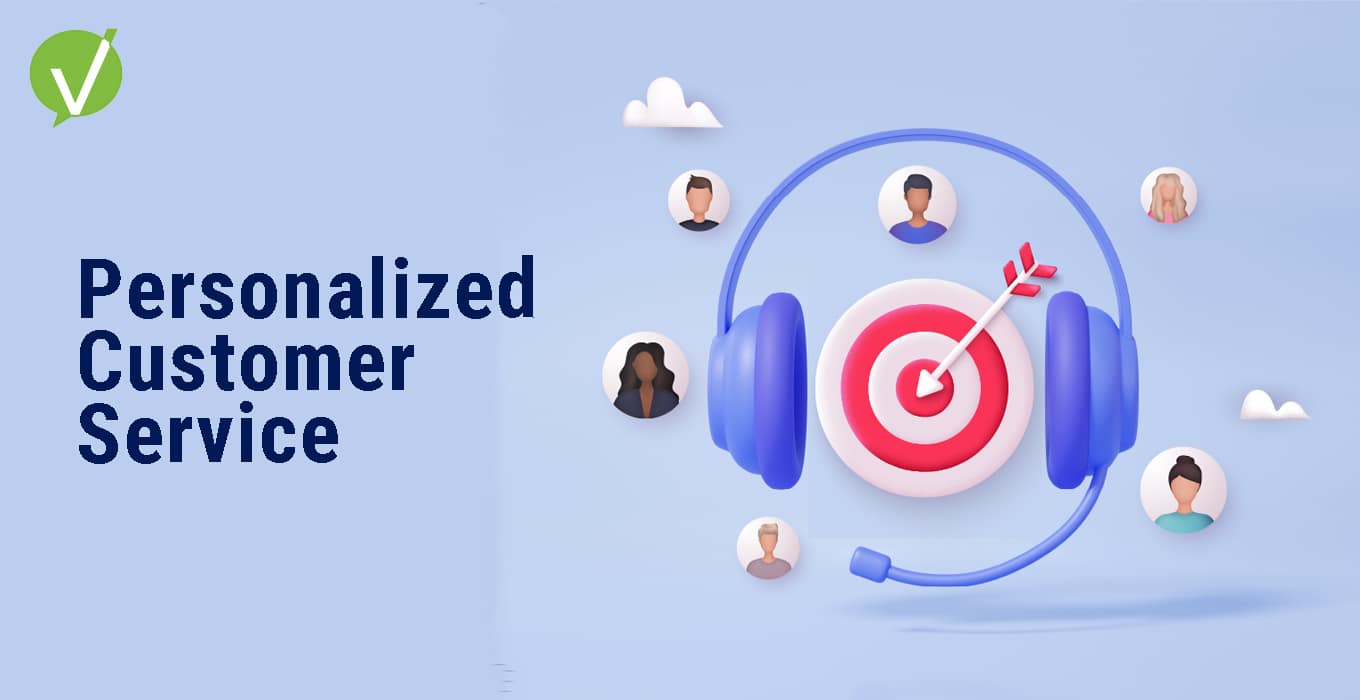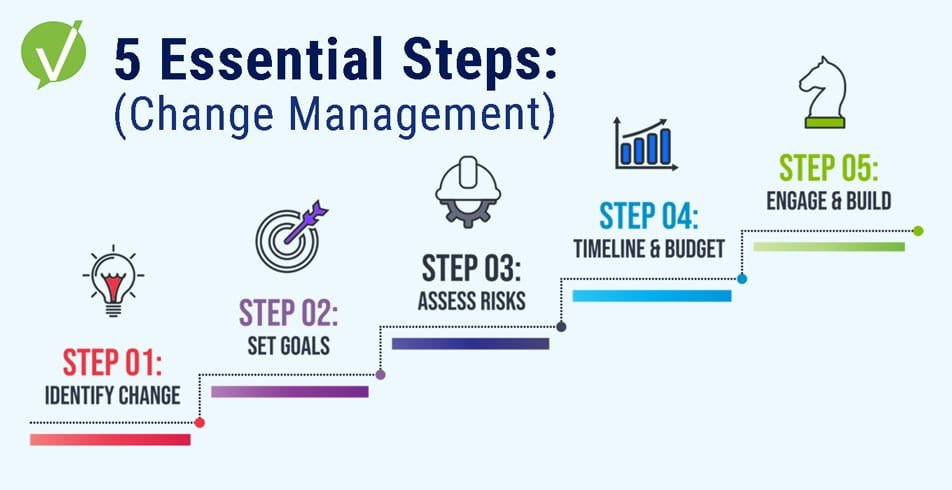Ask These Questions Before You Invest in a SaaS ITSM Solution
SOFTWARE AS A SERVICE (SAAS) HAS TRANSFORMED HOW BUSINESSES MANAGE SOFTWARE
There are many advantages of choosing a SaaS provider for IT and other service departments. So, the question for many teams has shifted from “Should we invest in SaaS?” to “Which SaaS product is right for our unique business challenges and requirements?”
Before choosing to partner with a SaaS provider, consider exploring the following areas to decide which solution provides the lowest investment risk.
SOFTWARE
What are the functional differences between a company’s SaaS and on-premise versions?
A SaaS model unarguably brings many advantages over a traditional on-premise solution, which often includes lower license costs, continuous updates, and reduced maintenance fees all without the hassle and concern of maintaining in-house infrastructure. Many SaaS service management providers deliver sophisticated platforms with the same flexibility of an on-premise solution, but with the added benefit of continual improvements. This means that the system continues to grow with the business, rather than being tied down to an outdated legacy platform.
The outdated concern that SaaS platforms are less flexible and secure than on-premise solutions has long been a thing of the past. The rise of open API platforms and state-of-the-art hosting services provides the opportunity for fluid information exchange between platforms with necessary security certifications such as ISO27001, SOC1, and SOC2.
You have chosen SaaS. Great! Now how do you determine which vendor is an appropriate partner?
How many versions have been released on their SaaS platform?
SaaS products, by the nature of their continual updates, expand to add functionality over time. The key to choosing an appropriate service management platform is that you need to invest in a proven product. Established solutions provide their customers with the benefit of a secure, highly functional, and adaptable system for their service management needs. In short, choose a product that is tested and trusted throughout an industry, rather than investing in a less mature solution.
WHO OWNS THE DATA?
How often and what types of backups are performed?
SaaS providers have different approaches to data ownership. Some vendors do not provide an open API platform, limiting the company’s ability to collect and store data. Other providers have embraced an open platform, allowing businesses to transfer data from the cloud to their own database or other SaaS platforms.
Service management providers can also offer a multitude of integration options with their platform, so companies can move their data to any other system inside the business.
SECURITY
What security certifications does their data center hold and were they independently assessed?
In a SaaS model, the IT Service Management vendor is responsible for storing its data and keeping the application up-to-date. Always be sure to ask potential vendors about the security certifications they hold. SaaS vendors do not typically own their own data servers, therefore it is imperative to research their partners as well. All data centers should be SaS570, SOC, ISO27001 and PCI compliant.
HIDDEN COSTS
Can there be hidden costs when choosing a SaaS Provider?
We have discussed how choosing SaaS over on-premise solutions can lead to a higher return on investment, but we have not looked at how different companies handle the costs of their features. Several providers offer cut-down versions of their products, requiring you to invest in a higher cost solution as your company grows. Other providers require you to pay for additional products to add on functionality to the base ticketing platform. Sometimes upgrades are not free and require expensive consultation from the SaaS provider when the decision is made to make a change. If you are looking for a platform that continues to grow with your business, make sure you contemplate the more costly packages required to fulfil all your business requirements.
IN SUMMARY
According to IDC, global spending on cloud computing will jump from $67B in 2015 to $162B in 2020 and that number is expected to grow. In fact, cloud computing is growing at an even faster pace than IT as a whole. The breadth and variety of SaaS offerings today means stricter, and more time-consuming research on the part of companies considering investing in a SaaS product. Fully understanding the nuances of each SaaS tool is not to be overlooked along the journey to purchasing the perfect IT Service Management product for your business.
For a comprehensive list of even more SaaS-related tips and tidbits, check out our whitepaper, 29 Questions to Ask Before You Invest in a SaaS ITSM Solution

